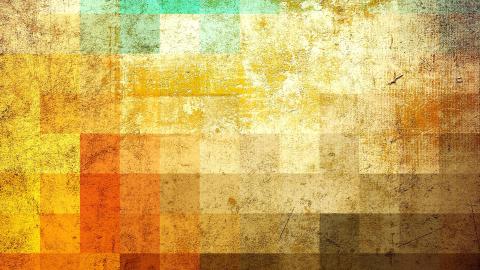Is Sociological Thinking Ruining the Arts?

What’s the Latest Development?
The field of sociology has robbed the arts (and artists) of the vocabulary needed to appreciate individual works of creativity and self-expression that work toward aesthetic goals, not just marketplace shares. “Thanks to the dead ends of certain kinds of European hermeneutics — the realization that repeated analyses of Balzac novellas might not shake the foundations of the subject, let alone those of capitalism — it became more promising to ask why certain classes of people might be interested (and other classes not interested) in Balzac at all.” Today, appealing to the inexplicable nature of genius is seen as elitist.
What’s the Big Idea?
Having a catholicity of tastes—supporting the upper-middlebrow Terrance Malick while proudly defending Transformers: Dark of the Moon—has become the liberal response to complaints of institutional elitism, such as those aimed at the western canon. Yet our eclectic preferences make us better consumers of culture. “In sociological living, we place value on those works or groups that seem most likely to force a reevaluation of an exclusive or oppressive order, or an order felt to be oppressive simply because exclusive. And yet despite this perpetual reevaluation of all values, the underlying social order seems unchanged; the sense of it all being a game not only persists, but hardens.”
Photo credit: Shutterstock.com





